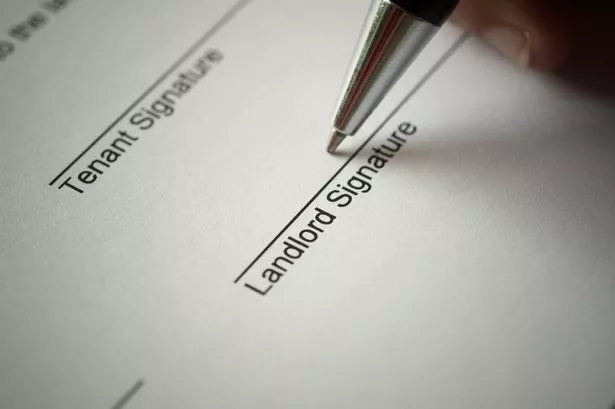The Lagos State Government‘s announcement of plans to enforce a monthly rent scheme slated to commence in January 2025 marks a significant departure from traditional yearly rental agreements.
As announced by Barakat Odunuga-Bakare, the Special Adviser to the Lagos State Governor on Housing, residents were informed of the impending implementation of a monthly rental scheme by the state government.
Senator Ned Nwoko, who represents Delta North, had also, in January, introduced a bill called the “One-Month Rent Limitation and Landlord Registry Bill”, which aims to make it easier for tenants to pay their rent by allowing them to pay every month, instead of the current practice of yearly or multi-year payments. The proposed law seeks to foster a harmonious relationship between landlords and tenants by easing the financial burden on tenants and promoting fairness in the rental market.
With a budget of N5 billion allocated to kickstart this initiative, Lagos State aims to address the challenges faced by tenants in meeting yearly rent obligations while also seeking to boost investors’ trust and stimulate the real estate sector.
The scheme might also encourage landlords to participate more in the rental market by offering incentives such as property tax breaks. These incentives could serve as additional motivation for landlords to put their properties on the rental market, thereby increasing the availability of rental units and reducing the number of empty houses in the state.
The scheme, as outlined by Rabiu Olowo, the Commissioner for Finance, seeks to support tenants and landlords by aligning rent payments with tenants’ monthly income cycles. This move acknowledges the financial strain many Nigerians face in making lump-sum yearly rent payments and aims to provide relief by spreading the financial burden over monthly instalments.
The public reaction to the proposal has been mixed, with Nigerians expressing both optimism and scepticism. While some view it as a progressive step towards enhancing the affordability and accessibility of housing, others worry about potential unintended consequences, such as increased defaults or disputes between tenants and landlords.
While the scheme offers potential benefits for tenants, concerns have been raised regarding its impact on landlords and potential abuse within the rental market. Landlords fear exploitation by tenants who may default on payments or misuse the system. To address these concerns, the government must implement robust risk management measures and ensure clear guidelines and enforcement mechanisms are in place.
Furthermore, the success of the scheme hinges on its ability to reduce the high cost of rent and provide affordable housing options for residents. With housing affordability being a pressing issue in Lagos, particularly for low and middle-income earners, the scheme offers hope in addressing this challenge. However, its effectiveness in achieving this goal will depend on the government’s ability to monitor implementation and prevent rent inflation or abuse by landlords.
The scheme’s rollout also raises questions about the Lagos State Government’s capacity to manage such a complex initiative effectively. Adequate monitoring mechanisms must be put in place to prevent abuse and ensure fairness for both tenants and landlords. Additionally, clear communication and transparency regarding the scheme’s operation are essential to foster trust and confidence among stakeholders.
While Lagos State‘s monthly rent scheme holds promise as a progressive step towards enhancing housing affordability and accessibility, its success is contingent upon effective planning, robust regulation, and stakeholder collaboration.
The government must tread cautiously, addressing concerns, and mitigating risks to ensure that the scheme delivers tangible benefits to Lagosians without compromising the integrity of the housing market. Only time will tell whether this bold initiative will be a game-changer or a risky gamble for Lagos State.





















